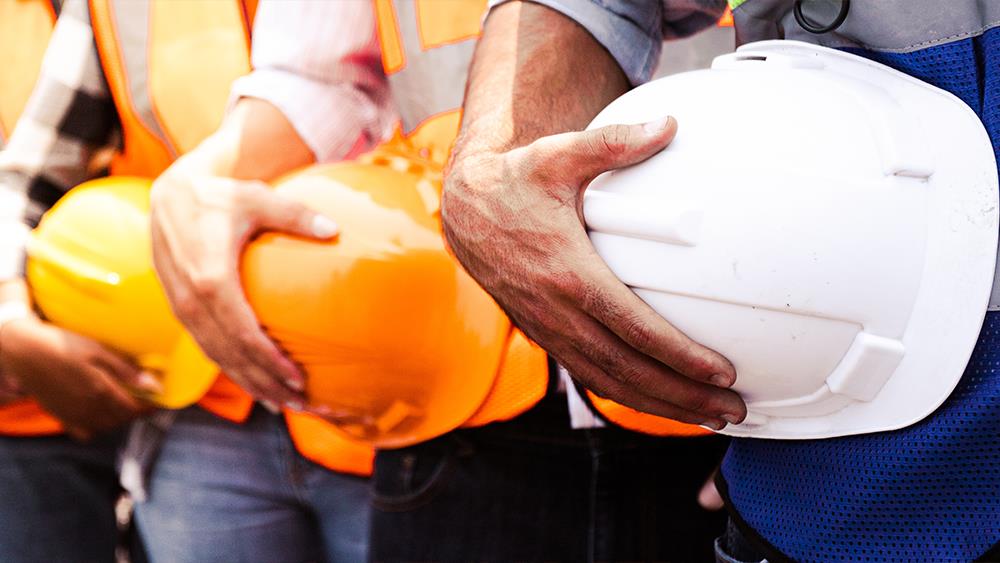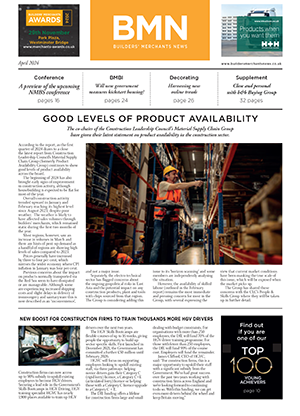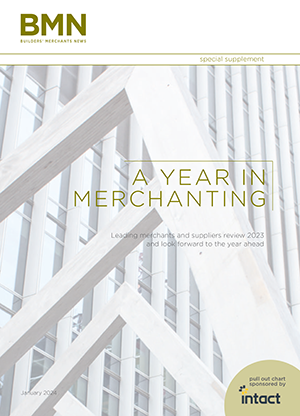Steve Sasson is the man that pitched an idea to a group of Kodak executives about a camera that required no film back in 1975. So why did a company with 83 years in the 'photo taking' space at that point (along with a 90% market share in photographic film) have to file for chapter 11 Bankruptcy in 2012? And more importantly why should you care?
As Expert Trades works with more and more builders’ merchants and manufacturers we can see that there is 'A Kodak moment waiting to happen’.
The construction industry demands innovation, and with constantly changing regulations and schemes, those companies failing to adapt will quickly go out of business. So why is it that the start of the supply chain is nimble, but the end of it is slow?
The answer is because “No one will want to take photos and look at them on a TV in the future.” Or so the executives at Kodak thought when they were given the opportunity to double down on what became the future of photography.
Instead, they decided to attempt to hold onto their very profitable source of revenue in an attempt to show others how silly of an idea a digital camera was and how everyone should not think about it and carry on printing their 'Kodak Moments.'
This is how that transfers into our industry: “Tradespeople will not want to shop for their tools and materials online”. I would have loved to have written this blog three years ago, saying: “Trust me, they will,” but the best I can do today is say: “Don't take my word for it, ask them. They are and more and more are doing it each month.”
So why is it that so few companies to date have doubled down in this space and made a bet on what is guaranteed to be the future of the industry? The only way to explain it is that it is not a problem that keeps the business owners awake at night. Yet.
However, one company will take on this challenge and win, and the rest will be forced to play catch up. Kodak failed to catch up and went from revenues of $5.7bn in 2005 to filing for bankruptcy in 2012.
Here is my prediction: In the next 24 months a builders’ merchant will establish how to get products from their yard to a customers’ site on the same day or following day. The customer will only have to make a couple of clicks on their iPhone 9 and will then know the exact time their materials will arrive.
The company that nails this will win and win big. They will then be in a position to leverage their 'secret sauce' into their buying group and the industry will never look the same again throughout the whole supply chain as everyone scrambles to catch up.
This is the Kodak Moment that I am expecting to see and, due to the work our team does, I am looking forward to being involved in helping shape the industry in a digital age.
For those of you that think I am being a bit unfair on Kodak, let me point out that they are not the only company that has fought innovation rather than using its brand and market share to double down on it.
"No one will want to stream videos over the interwebs. They enjoy the travel to their local video store where they have a chance of bumping into someone they know." I don't need to say much more than BLOCKBUSTER for you to know what point I am making here.
Many companies I work with have long established businesses that have been built on great values. The message I deliver to these companies and the purpose of this post is to say that you should be looking at where the market is going and use your unfair advantage to get you there first. To use the wise words of Wayne Gretzky who was arguably one of the worlds best ice hockey players: “A hockey player plays where the puck is. A great hockey player plays where the puck is going to be."
Your unfair advantage is your insider knowledge, your experience, your staff, your customers and your business. This is what separates you from a start up with no industry experience that is right now working out how they can use technology alone to steal your lunch.
Everything from the taxi industry to the hotel industry has been revolutionised by technology. Take startups such as Uber, which was founded in 2009 and makes booking a taxi simple, the company is now valued in excess of $50bn. AirBnB, which was founded in 2008 and allows people to rent out their room or house, is now valued at over $24Bn. The reason there are more rooms booked through AirBnB per night than the world's leading hotel chains is that the hotel industry refused to move forward.
The reason I wanted to start this blog series with this message is that I hope it makes you more receptive to the ideas that follow in the following five posts.
If you have any questions for me or would like to see how our team can support you as you move your business forward, email me at adam@experttrades.com.
Adam Callow is the founder of Expert Trades.









